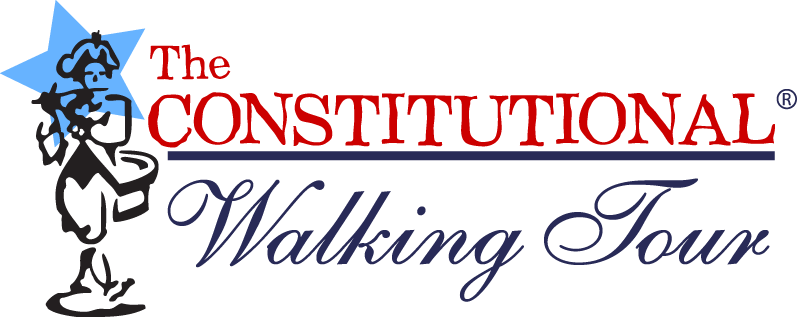Related Posts
- Buy Tickets for The Constitutional Walking Tour of Philadelphia – See 20+ Sites on a Primary Overview of Independence Park, including the Liberty Bell and Independence Hall
- Independence Hall
- Signers' Garden
- Signers' Walk
- Second Continental Congress
- First Continental Congress
- Carpenters' Hall
- Old City Hall
Birth: April 17, 1741
Death: June 19, 1811 (Age 70)
Colony: Maryland
Occupation: Lawyer, Politician, Judge
Significance: Signed The Declaration of Independence (at the age of 35); served as Associate Justice of the Supreme Court of the United States (1996-1811)

Samuel Chase was one of the Founding Fathers of the United States. Born in Maryland, Chase began his career as a lawyer in Annapolis, Maryland. Chase got involved in politics and became one of the leading patriot voices in Maryland. Chase feuded with Loyalists, protested the Stamp Act and founded his local county's Sons of Liberty chapter.
In 1774, Chase was voted to be one Maryland's representatives to the First Continental Congress. The following year, Chase was re-elected and served in the Second Continental Congress. Chase voted for Independence, and he signed The Declaration of Independence. After signing The Declaration of Independence on August 2, 1776, Chase continued to serve in the Continental Congress until 1778.
Upon leaving the Continental Congress, Chase moved to Baltimore where he was appointed Chief Justice of the District Criminal Court. On January 26, 1796, George Washington appointed Chase to the Supreme Court of the United States as an Associate Justice.
Chase was the only Supreme Court justice to have ever have faced impeachment proceedings which was driven by Thomas Jefferson and his followers. John Adams’ Federalists, of which Chase was a part, came to the defense of Chase. According to Oyez, "The impeachment charges were shown to be little more than a politically motivated defamation, and Chase’s opponents failed to muster the two-thirds majority needed to convict him. He was therefore acquitted. The Senate’s failure to remove Chase from the bench was seen as a victory for judicial independence and established the precedent that a judge could not be removed as a result of stating political views from the bench." Chase remained on the U.S. Supreme Court until his death in 1811.
Samuel Chase in Philadelphia
Chase arrived in Philadelphia as a Delegate to the First Continental Congress which met at Carpenters' Hall in September 1774. Chase returned the following year in 1775 as a Delegate to the Second Continental Congress. Chase would remain in Philadelphia as a member of the Second Continental Congress until the British victory at Brandywine forced Congress to evacuate Philadelphia. While serving as a member of the Second Continental Congress, Chase worked at Independence Hall, and he signed The Declaration of Independence.
A plaque commemorating Chase for signing The Declaration of Independence can be found on Signers' Walk on the 600 block of Chestnut Street (between 5th and 6th Street). Starting in 1796, Chase would periodically work in Philadelphia while a member of the United States Supreme Court which met at Old City Hall in Philadelphia.




